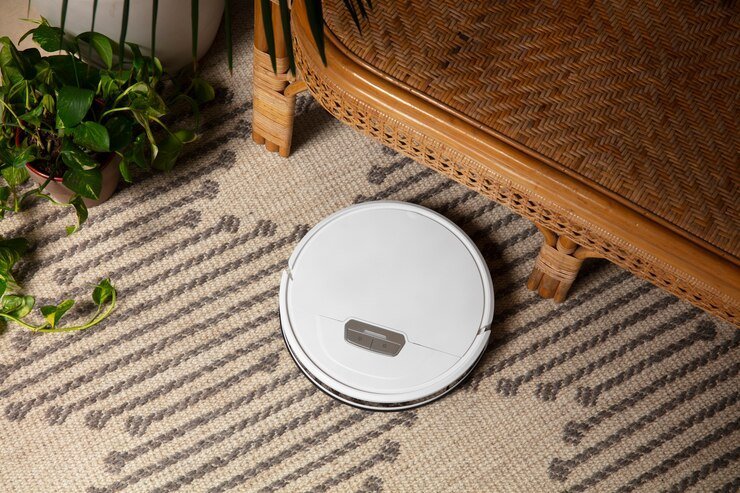A security breach that is causing consternation has come to light as robot vacuums from the Chinese manufacturer Ecovacs have been compromised, projecting racial slurs through their built-in audio systems.
Not confined to a single region, these incidents have been reported across multiple U.S. cities, shaking the sense of security in smart home technology.

Daniel Swenson, a lawyer from Minnesota, uncovered the breach while watching TV with his family.
The bizarre event began with what sounded like broken signals from his vacuum.
Upon investigating through the Ecovacs app, he discovered that an outsider had gained control over the vacuum, utilizing its live camera feed and remote control capabilities.
This disruption escalated as the device began shouting racial slurs.
The Ecovacs Deebot X2s, the model affected in these cyber incidents, was previously identified by ABC News as vulnerable to hacking.
Notably, multiple users have come forward with similar stories, including a disturbing situation where a vacuum chased a pet around in Los Angeles, and another in El Paso where a machine broadcasted racial slurs late at night.
Citing the researchers Dennis Giese and Braelynn Luedtke, a critical security gap was detected in the Deebot X2s last year.
The problems included a Bluetooth connector flaw providing remote access from up to 100 meters, and an easily bypassed PIN code system meant for securing the video feed.
Despite being alerted, Ecovacs initially failed to effectively address these vulnerabilities.
Swenson attempted to resolve the incursion by resetting his vacuum and contacting Ecovacs, which resulted in a recommendation to record evidence of the occurrence.
Following several communications, the company claimed the breach stemmed from a credential stuffing attack; however, they later admitted some lapses in their security measures as detailed by Giese and Luedtke.
Over the past few months, cybersecurity vulnerabilities in these robot vacuums have become a growing concern.
Researchers, in a hacking conference, emphasized the insecurity due to reliance on an ‘honor system’ instead of a robust server-side verification, prompting demands for a thorough and expedient resolution from Ecovacs.
In response, Ecovacs initiated a patch intended to mend the exposed flaw, but critiques suggest the solution may not be comprehensive.
Subsequently, a more substantial security update for affected Ecovacs users is anticipated in November.
As our homes become increasingly integrated with smart devices, the balance between convenience and security becomes crucial.
The recent sweep of hacking incidents underscores the need for rigorous security protocols in consumer electronics, reminding us of potential vulnerabilities within our connected environments.
